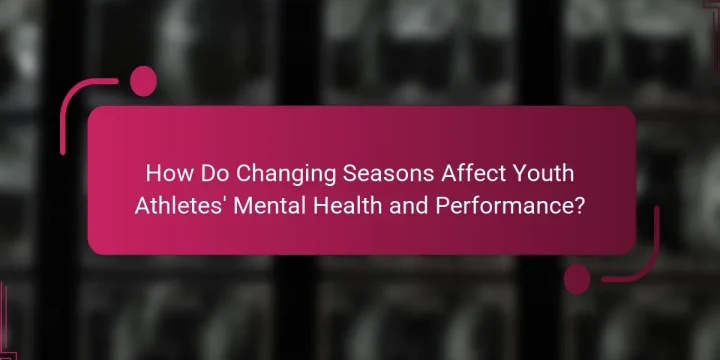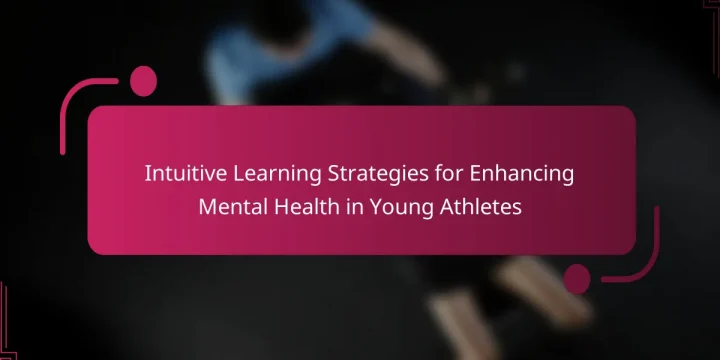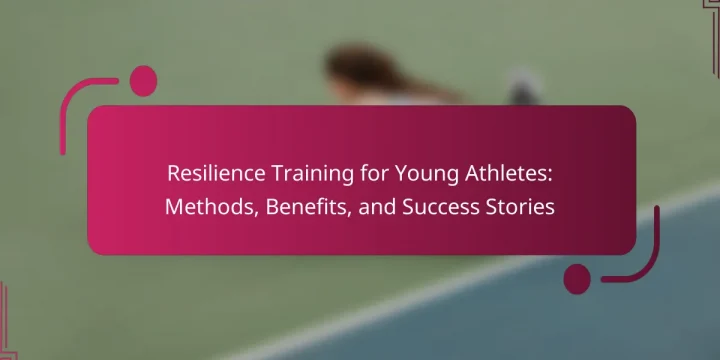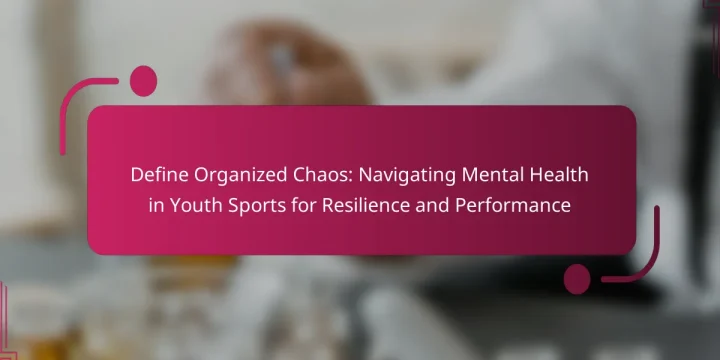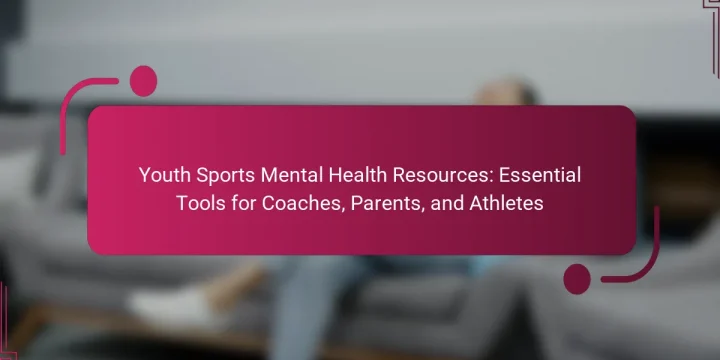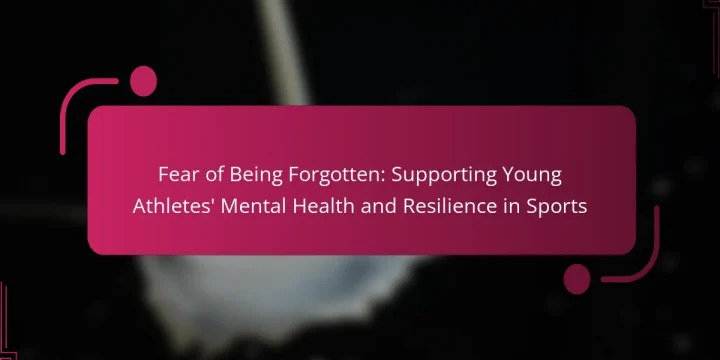
Supporting young athletes’ mental health is crucial to their performance and overall well-being. The fear of being forgotten can lead to anxiety and burnout. This article explores fostering open communication, encouraging a growth mindset, and building supportive environments. It also emphasizes mindfulness practices and the importance of maintaining balance in athletes’ lives. Key sections in the article: Toggle How does fear of being forgotten affect young athletes’ mental health?What are the psychological impacts of performance pressure?How does social media influence feelings of invisibility?What role do coaches play in shaping athletes’ self-worth?What universal strategies can support young athletes’ mental health?How can open communication improve mental well-being?What are effective coping mechanisms for stress and anxiety?How does fostering a supportive team environment help?What unique approaches are available for addressing the fear of being…
